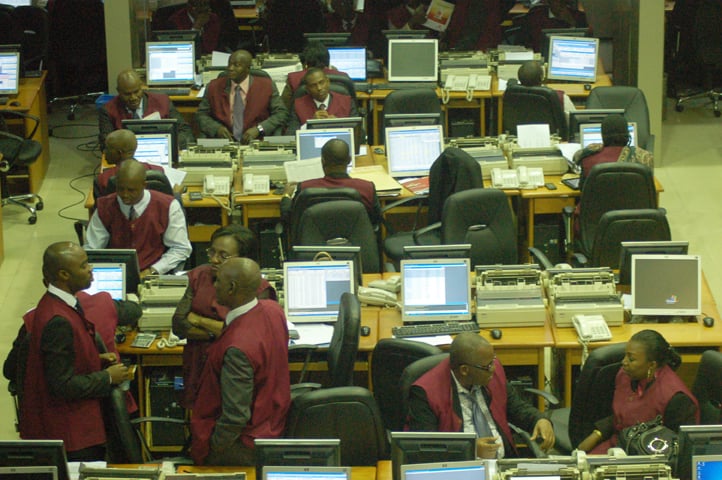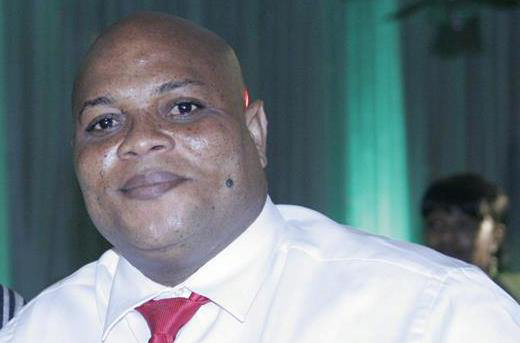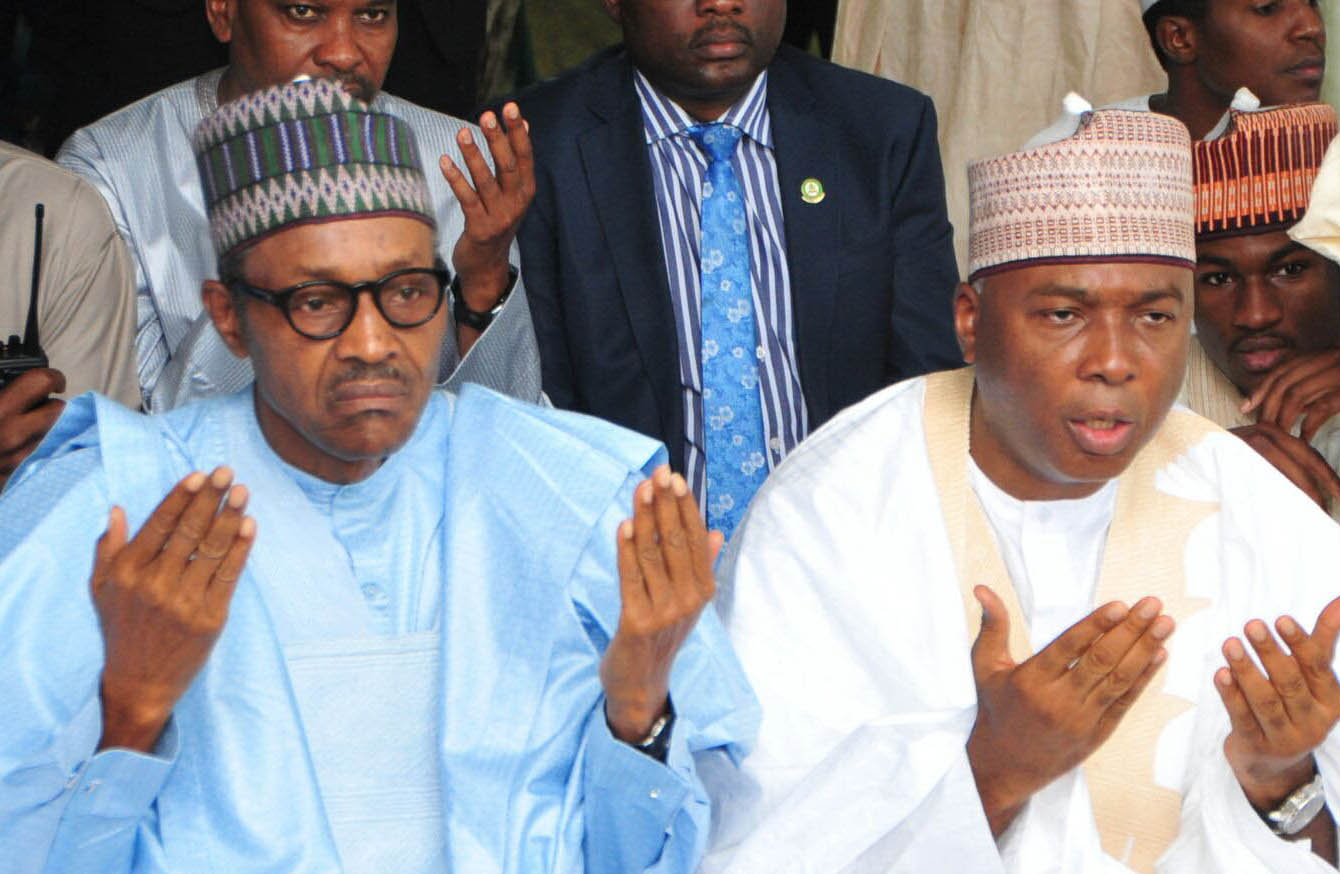The economy has been shaken by a number of operating disturbances this year that have equally left the equities market without a sense of direction. The market has been waiting for the electoral tension to cool off and for the new government to take quick steps to increase the business momentum. That patience is very likely to be undermined by corporate earnings disappointments in the second half of the year.
Second quarter earnings reports, expected this week and next, are likely to reflect the serious constraints in both the production and consumption functions in the economy. The environment lacks any growth stimulants for companies and industries and consumer spending has been constrained further by rising prices and the inability of both public and private sector operators to pay workers.
These developments can be expected to register adversely on sales volumes and revenues of companies across sectors and industries. Inability to grow sales revenue in a rising operating cost situation will become clearly manifest in the corporate earnings sheets in the second half of the year. Rising cost-income ratios can be expected to become a general trend in company performance reports, which will result in profit drops and losses. This is clearly a bad year for import dependent companies as well as those highly indebted to banks.
The poor corporate earnings outlook will most likely set a downward direction for the stock market – that has since been doing a random walk. It will soon down on traders and investors that most companies, even the giants, aren’t going to be in a position to match their last year’s profit levels neither will they be able to pay any dividends at the end of the year. Hardly will any company in the market be able to achieve accelerated growth in either revenue or profit this financial year.
Advertisement
Until last year, the hopes for stable growth in profit and regular dividend payment remained on the industry leaders and big companies. This year, even the corporate giants are gasping for survival breathes. Where then is the hope for the host of small players and penny stock groups that have been trodden down since the financial crisis?
The few results already released give a glimpse of the dismal reading of the second quarter corporate earnings results to be expected. Transcorp reported a decline of 4.5% in turnover in the second quarter and a drop of 37.8% in after tax profit. Cadbury Nigeria ended the first half of the year with a decline of 8% in sales revenue and a big drop from a profit of N1.26 billion at half year in 2014 into a loss of close to N251 million at the end of June.
Stanbic IBTC Bank, which led profit growth in the banking sector in the past two years, closed the second quarter with a drop of 40% in after tax profit from 11% improvement in gross earnings. Its profit margin fell from 26.2% – one of the highest in the banking sector to 14.2% over the review period. Wema Bank’s profit dropped by 58% year-on-year at the end of the second quarter to N997 million following over 50% drop in interest income. Nigerian Breweries managed to push sales revenue up by 9.2% year-on-year in the second quarter but after tax profit went down by 10% during the period.
Advertisement
Companies have done a lot of individual cost cuttings in the past years and there appears to be no room for further cost cutting this year. What is presently needed are official measures targeted at inducing considerable cost saving generally for companies particularly in the areas of cheaper energy and cost of credit. These measures have become critical needed to stimulate growth in industrial output and sales volume through lower price inducements.
Only low price appeals can have a meaningful impact on propping up sales in a low consumer spending situation. A reduction in interest rates will clearly help companies having serious cash flow crisis at the moment and how the Central Bank will cope with it in a falling exchange rate situation is the challenge. For now it appears quite likely that companies will carry an unrelieved burden of high interest charges to full year.
The depreciation of the naira and high interest rate stand in the way of corporate profit making this year. With moderation in inflation rate, Nigeria has about the highest real interest rate in the whole world, meaning that money traders will get the wealth that equity investors will lose this year. There is no doubt that many companies are likely to apply significantly increased proportions of their sales revenues this year to pay interest charges to the detriment of profit growth. This huge loss of wealth to credit providers is indeed the weight that will drag down share prices, as companies move close to the finishing line this year.
Advertisement
Add a comment






